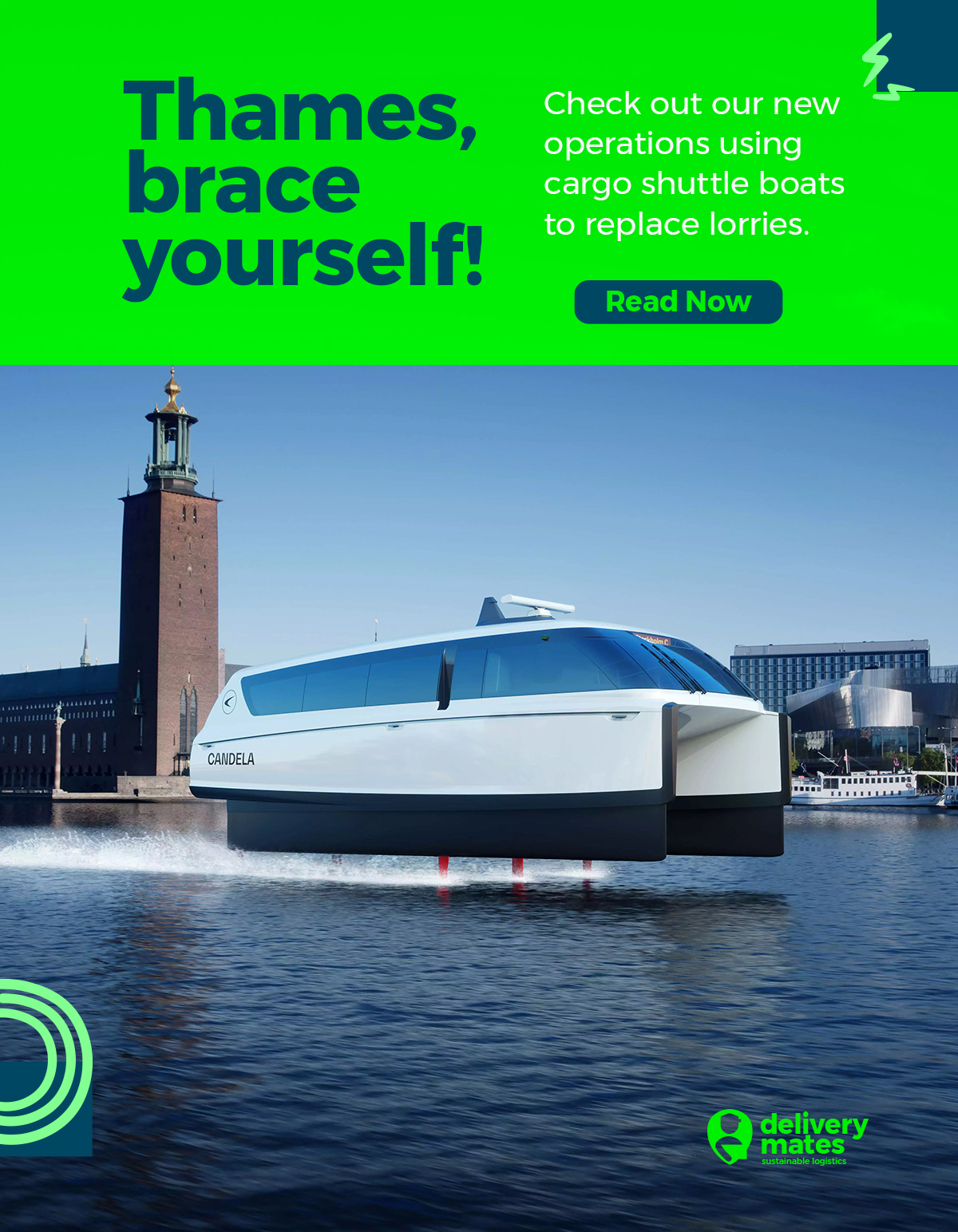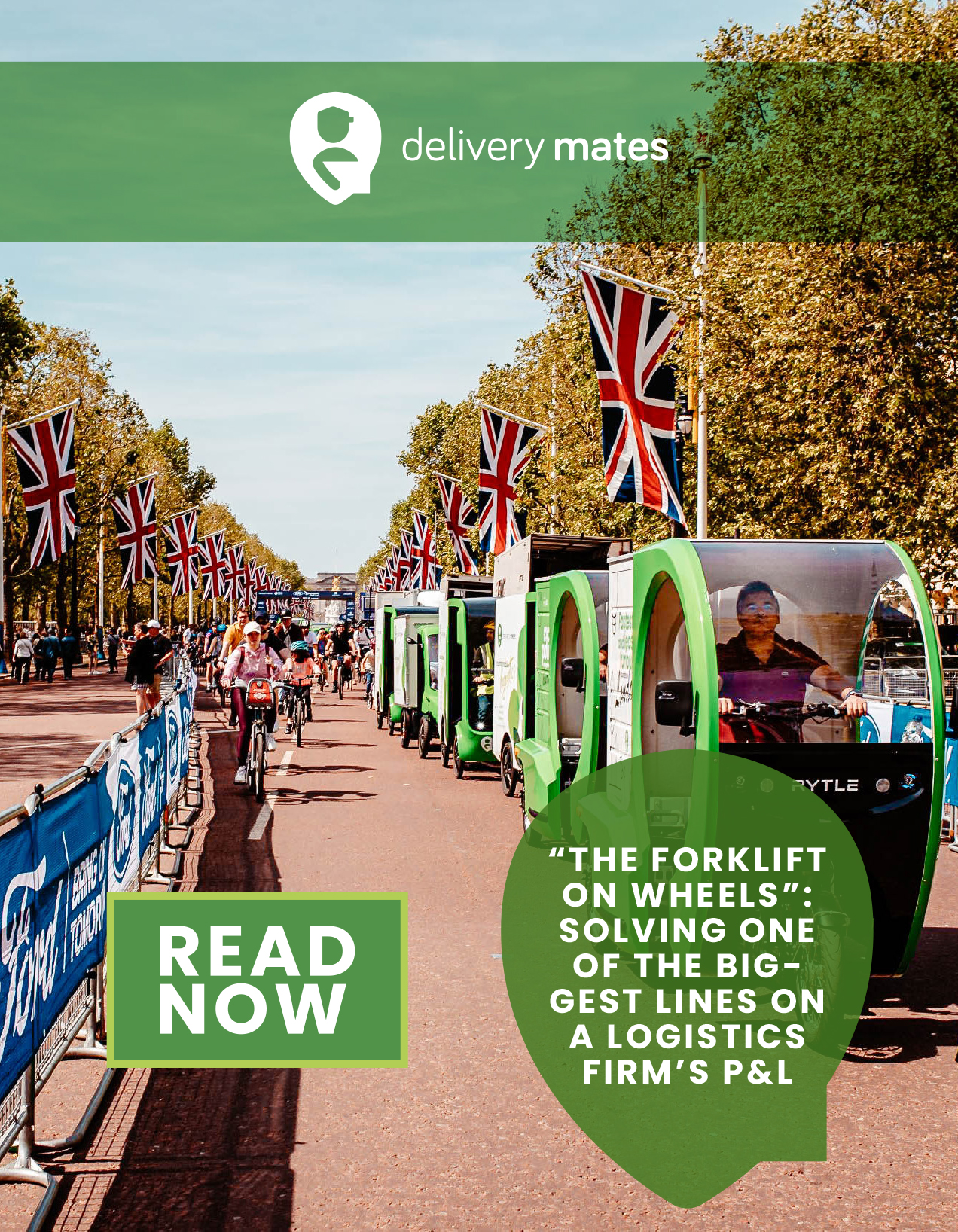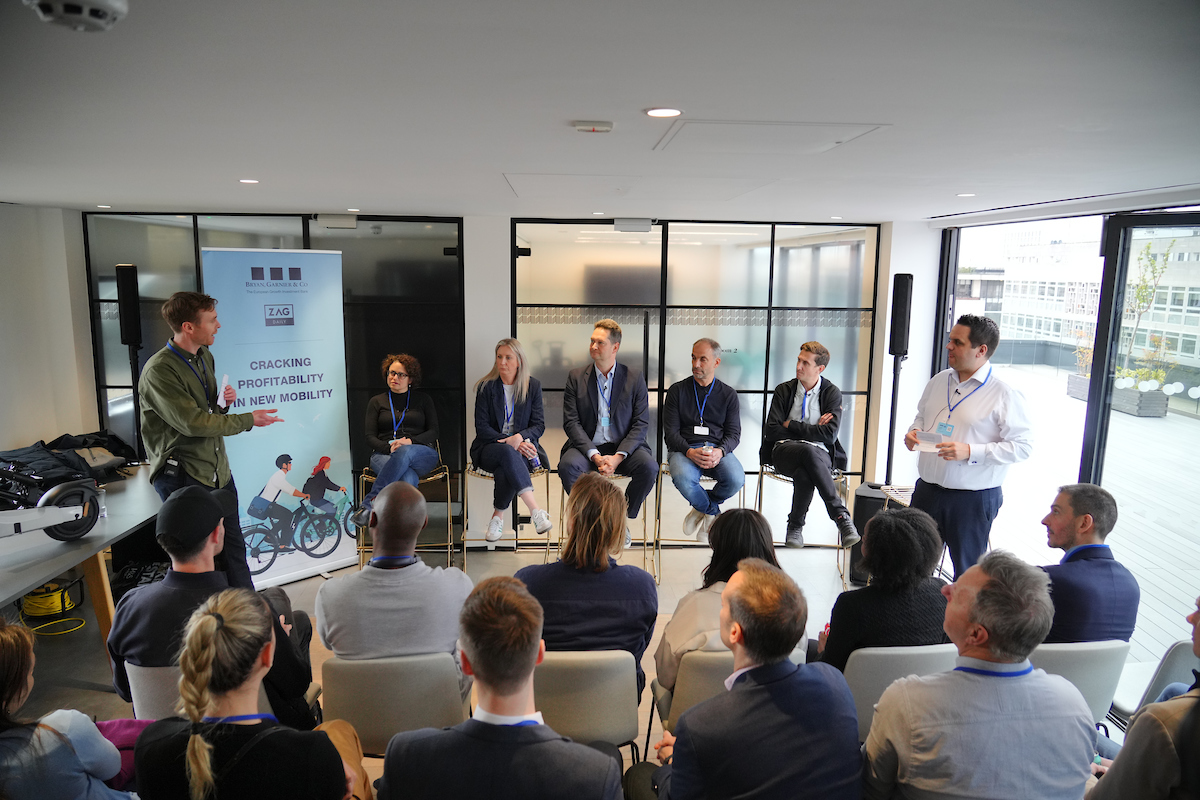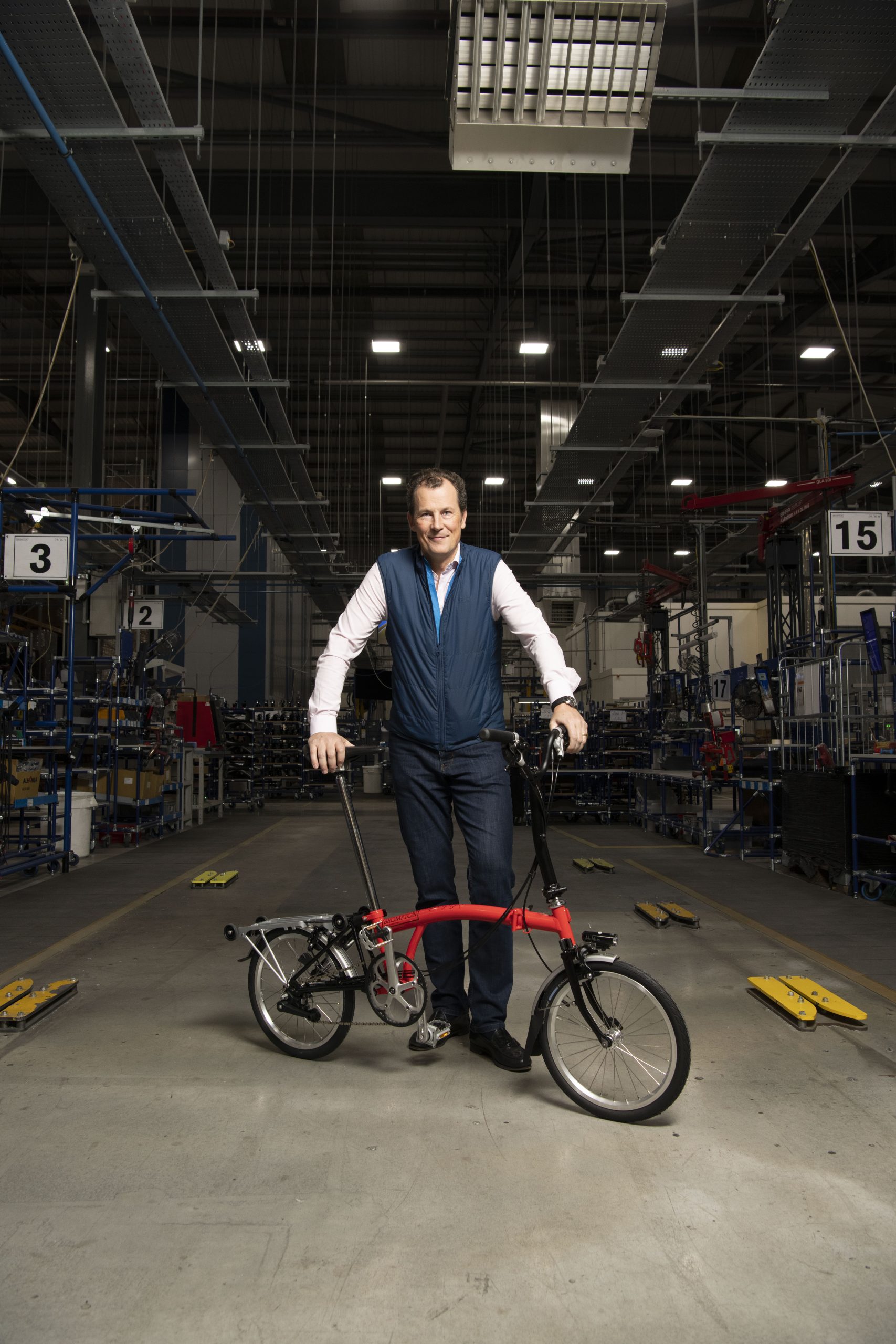A new UK government document has called for a micromobility regulatory framework to be established to help govern the sector as it develops.
A report published by the Taskforce on Innovation, Growth and Regulatory Reform on Wednesday said that such a framework would “help drive innovation across the diverse micromobility and mobility as a service sector”.
Authored by Sir Iain Duncan Smith, Theresa Villiers MP and George Freeman MP, the paper called for the creation of a Personal Light Electric Vehicle or Personal Mobility Device category as a replacement for the existing framework.
Micromobility devices are currently governed under the 1988 Road Traffic Act, which includes requirements that “may not be proportionate to the risk posed by a micro mobility vehicle compared with conventional, heavier and faster motor vehicles that are bound by the same requirements”.
Shared e-scooter trials are taking place across the UK, with the existing regulations set to be amended based on the evidence garnered during the trials, in 2022.
The end date for the trials was recently extended until March 31 2022 because of launch delays in certain key areas, including London.
The use of shared e-scooters on public roads is legal across much of Europe, with trials also ongoing in Ireland.
“At a minimum, legislation to enable the use of e-scooters should be adaptable to future innovation,” the report read.
“Here, an option could be to look to regulate e-scooters as part of a new ‘Personal Light Electric Vehicle’ (PLEV) or ‘Personal Mobility Device’ (PMD) category with the aim of putting in place an adaptable regulatory framework able to more rapidly consider and, if desirable, legalise future forms of PLEV. For this to function effectively, consideration will also be required around the application, testing and approvals process for innovative forms of PLEV or PMD in the future.”
Richard Dilks, chief executive of mobility solutions body CoMoUK, welcomed the conclusion that the authors of the paper came to.
“I am pleased to see the taskforce has identified the positive role that micromobility can play, as well as the case for a regulatory framework for it in the future,” he said.
“These can provide significant opportunities for both innovation and decarbonisation.”








